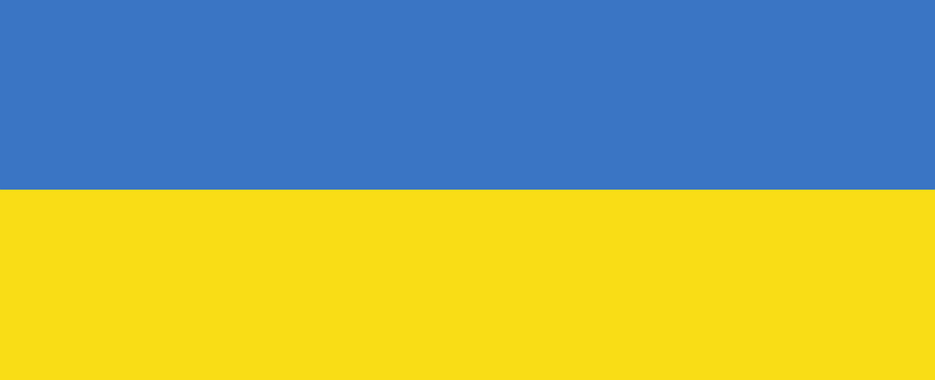Russia's attack on Ukraine doesn't leave the academic community unaffected. Julius-Maximilians-Universität Würzburg (JMU) will halt its institutional collaborations with Russian partners for the time being; a dialogue between individuals is still possible.
'Julius-Maximilians-Universität Würzburg is appalled by Russia's unjustified military attack on Ukraine. We are deeply concerned about the humanitarian, political and economic consequences that this attack has had - and will have - for Ukraine and for all of us. Our particular concern is the fate of the students, researchers and JMU alumni at Ukrainian universities.'
These are the words with which the JMU University Board reacted to the events in Eastern Europe a few hours after the attack began. The University has now moved from words to actions: 'We are doing the best we can to help Ukrainian researchers and students and will halt all of our collaborations with Russian research institutions,' says JMU President Paul Pauli.
Joint projects with Russian institutions halted
JMU researchers are banned from undertaking business trips to Russia until further notice, and the University discourages study abroad experiences in Russia. Joint research and teaching activities the University had been planning to undertake as well as various mobility activities have been postponed, and it is not currently possible to request funding for these activities. The JMU is thus following the decisions taken by the Bavarian State Government, the German Academic Exchange Service (DAAD) and the German Research Foundation (DFG).
The latter have decided to halt all joint projects between German and Russian researchers that they had been funding and to not approve any proposals for new collaborations or renewal proposals for ongoing projects for the time being.
Research helps to bring nations together
Nevertheless, the University Board does not want to cut all ties with the academic community in Russia. 'A sizeable group of researchers in Russia have made a public statement against the war with Ukraine. This is why we don't think it would be appropriate or reasonable to break off all contacts with them,' says Doris Fischer, JMU Vice-President for Internationalisation.
She also believes that research knows no borders and connections with international colleagues help to foster an understanding of other cultures, bring nations together and promote peace in the world.
This is why, for example, the JMU wants to continue to allow Russian students and, based upon case-by-case decisions, Russian researchers to come to Würzburg. 'We hope that in this way we will be able to maintain a personal dialogue despite the sanctions that are affecting research partnerships,' says Doris Fischer.
Support for people affected by the crisis
At the same time, the JMU University Board is following the situation in Ukraine with great concern as the JMU has been working closely with Ukrainian institutions, including the Ukrainian Catholic University, the Ivan Franko National University of Lviv and the Taras Shevchenko National University of Kyiv, for many years. 'We are currently trying to find out what we can do to help our Ukrainian friends and partners and are keeping in close contact with the Bavarian State Government about the matter,' says JMU President Paul Pauli.
WueCampus forum for people who need help or want to help
Many students and staff members of the JMU want to help the people of Ukraine. This is why the University has now set up a forum on the WueCampus platform where people can post what they need or have to offer. The forum can be accessed by all members of the JMU through the following link: https://wuecampus2.uni-wuerzburg.de/moodle/enrol/index.php?id=51622.
It serves for networking, exchange and as a platform for requests and offers for Ukraine aid projects. For example, if donations or helpers are needed, a request can be quickly posted here. The same applies, for example, to offers for Ukrainian refugees.
Help for students
The University Board is not forgetting about students in Würzburg who may not be affected directly by the crisis but may still need help: 'The current situation is very challenging for students, in particular for those with Ukrainian roots, but also for students from Russia. There are a number of sources of support available here in Würzburg,' says Doris Fischer. These include:
The JMU International Office. The team at the International Office will provide assistance to all international students, and particularly to those from Ukraine, who need help with the current situation.
The JMU Student Representation. Information on where to find psychological support is provided on the web pages of the JMU Student Representation, section 'Psychologische Beratung'.
The Bavarian State Ministry of the Interior, for Sport and Integration has also set up a website with offers of help in the Ukraine crisis.







